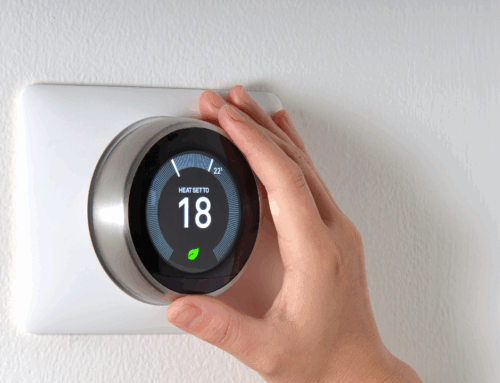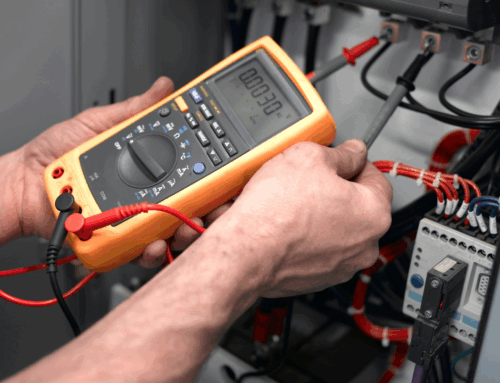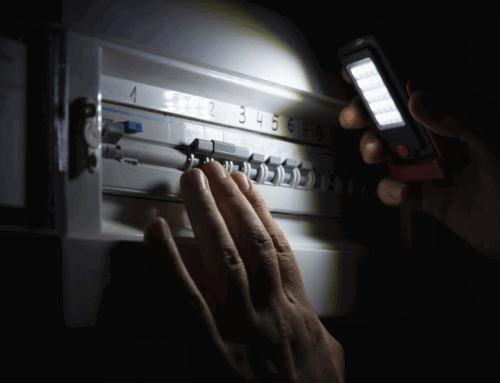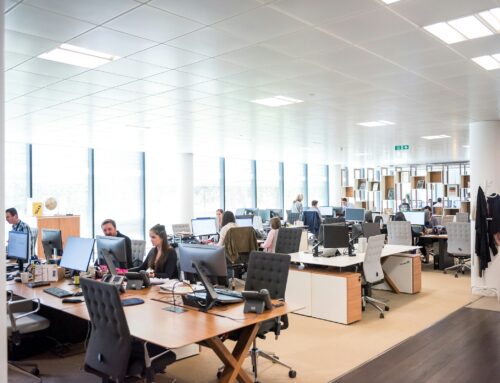In today’s environmentally conscious world, businesses are increasingly focusing on energy efficiency to reduce operational costs and their carbon footprint. Implementing energy-efficient solutions in commercial electrical systems is a smart way to achieve these goals. This article explores some of the top energy-efficient solutions for commercial electrical systems and how they can benefit businesses.
1. LED Lighting
One of the most effective ways to enhance energy efficiency in commercial electrical systems is by switching to LED lighting. LEDs consume significantly less energy compared to traditional incandescent and fluorescent bulbs. They also have a longer lifespan, reducing the frequency of replacements and maintenance costs. Additionally, LEDs provide better lighting quality, which can improve the working environment and productivity.
2. Smart Lighting Controls
Smart lighting controls, such as motion sensors, daylight sensors, and timers, can further enhance the energy efficiency of commercial lighting systems. Motion sensors ensure that lights are only on when a space is occupied, while daylight sensors adjust the lighting based on the amount of natural light available. Timers can be set to turn lights on and off according to a schedule, ensuring that energy is not wasted during non-business hours. These controls can significantly reduce energy consumption and lower utility bills.
3. Energy-Efficient HVAC Systems
Heating, ventilation, and air conditioning (HVAC) systems are major consumers of energy in commercial properties. Upgrading to energy-efficient HVAC systems can lead to substantial energy savings. Modern HVAC systems are designed to operate more efficiently and provide better climate control. Features such as variable speed motors, advanced thermostats, and energy recovery ventilation can optimise energy use and improve indoor air quality.
4. Building Energy Management Systems (BEMS)
A Building Energy Management System (BEMS) integrates various building systems, such as lighting, HVAC, and security, into a single platform for comprehensive energy management. BEMS use advanced algorithms and real-time data to monitor and control energy usage, optimise system performance, and identify areas for improvement. By providing detailed insights into energy consumption patterns, BEMS help businesses make informed decisions about energy efficiency measures.
5. Power Factor Correction
Power factor correction is a technique used to improve the efficiency of electrical power usage. In commercial electrical systems, power factor correction devices are installed to reduce the amount of reactive power, which does not perform any useful work but still incurs costs. By improving the power factor, businesses can reduce their energy consumption and avoid additional charges from utility companies. This solution not only enhances energy efficiency but also prolongs the lifespan of electrical equipment.
6. Solar Power Integration
Integrating solar power into commercial electrical systems is an excellent way to reduce reliance on grid electricity and lower energy costs. Solar panels convert sunlight into electricity, providing a renewable and sustainable energy source. Businesses can use solar power to offset their energy consumption, reduce their carbon footprint, and potentially qualify for tax incentives and rebates. Solar power systems can be tailored to meet the specific energy needs of a commercial property, making them a versatile and effective solution.
7. Energy-Efficient Appliances and Equipment
Upgrading to energy-efficient appliances and equipment is another important step towards improving energy efficiency in commercial electrical systems. Energy-efficient devices, such as ENERGY STAR-rated appliances, use less power without compromising performance. By replacing outdated and inefficient equipment with modern alternatives, businesses can achieve significant energy savings and reduce operational costs.
8. Regular Maintenance and Audits
Regular maintenance and energy audits are essential for ensuring the ongoing efficiency of commercial electrical systems. Routine inspections and servicing can identify potential issues, such as faulty wiring or inefficient components, that may be wasting energy. Energy audits provide a comprehensive assessment of a building’s energy use and recommend measures to enhance efficiency. By implementing the findings from these audits, businesses can continuously improve their energy performance.
Investing in energy-efficient solutions for commercial electrical systems offers numerous benefits, including reduced energy costs, improved sustainability, and enhanced operational efficiency. By adopting measures such as LED lighting, smart controls, energy-efficient HVAC systems, and solar power integration, businesses can significantly lower their energy consumption and contribute to a greener future. Regular maintenance and audits further ensure that these systems operate at their highest efficiency, providing long-term value and performance. For any business, prioritising energy efficiency in their commercial electrical systems is a wise and impactful decision, contact us to learn more.







Leave A Comment